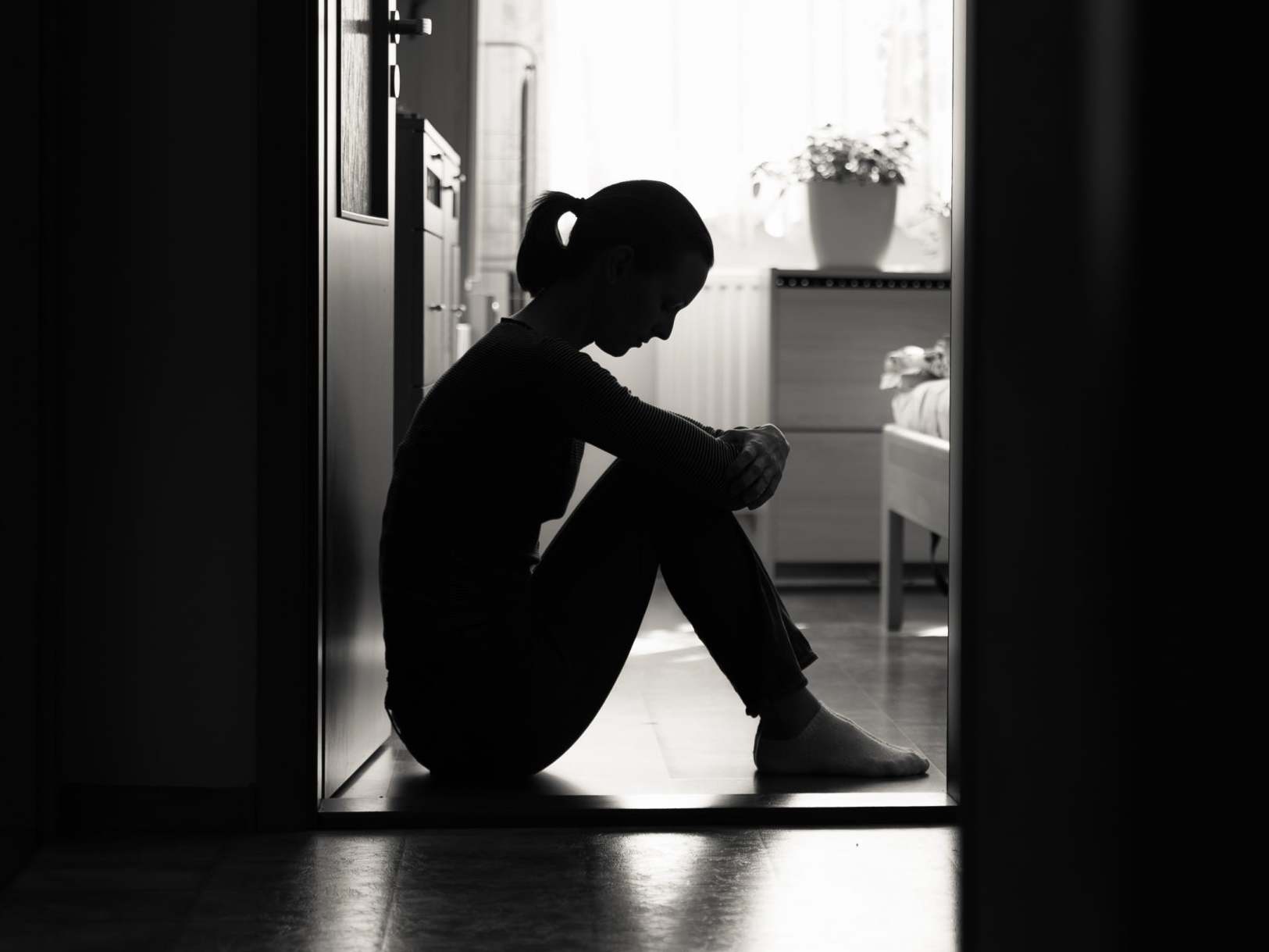‘Unimaginable suffering’: Survivors fleeing abusive partners forced into homelessness, report finds
‘By the end of it I was just broken and there are just pieces of me. I don’t know whether my perpetrator was worse or this was worse. I’d come from one thing and got dumped into another hellhole’

Women escaping domestic abuse are being pushed into homelessness and forced to endure further abuse from their partners due to being denied refuge space, a new report has found.
Research by leading domestic abuse charity Women’s Aid found they supported 309 women who were left with nowhere to turn as they fled violence and psychological torment.
In the last year, almost half of these women sofa-surfed, while 14 per cent stayed in local authority emergency accommodation.
Some seven per cent slept rough and four per cent stayed in a B&B, hostel or hotel.
While waiting for a refuge space, almost a quarter of women experienced further abuse from their perpetrator.
The report, titled "No Woman Turned Away", looked at the “insurmountable financial difficulties” survivors face when escaping.
Many were found to be struggling to feed themselves and their children and pay for phone calls and transportation needed to reach a safe place.
Most reported an enormous negative impact on their own and their children’s wellbeing – saying this exacerbated trauma they had suffered.
Some reported suicidal feelings linked to the stress of attempting to find a safe place to stay. Of the 17 women who were interviewed in-depth, two tried to kill themselves.
“By the end of it I was just broken, and there are just pieces of me,” a woman called Mumtaz told researchers. “I don’t know whether my perpetrator was worse or this was worse … I’d come from one thing and got dumped into another hellhole.”
A woman called Alya was faced with the choice between homelessness or returning to her abuser.
“I have no benefit, nothing, and I cannot apply for indefinite leave … My only chance is to go back to him,” she said.
Another survivor called Emira added: “I have no money at all, for my daughter, for her food, for her clothes, it’s getting colder day by day".
Adina Claire, acting co-chief executive of Women’s Aid, argued it was “scandalous” women fleeing domestic abuse in 2019 still face the “terrifying prospect” of either returning to their perpetrator or facing homelessness.
“We are facing a chronic shortage of bed spaces in specialist refuge services, and this is causing unimaginable suffering for women at a time when they are most in need of support,” she said. “Survivors fleeing domestic abuse should not have to sofa-surf. Our report tells the story of women who have endured unsafe living arrangements, overcrowding, broken friendships and further abuse while sofa-surfing.”
She added: “Hostels or emergency accommodation are not appropriate either – women recovering from domestic abuse need the specialist, holistic support that domestic abuse refuges provide. It goes without saying that survivors should not have to sleep rough, yet, for the third year running, we found that this is still happening, even to pregnant women and children.
“As it stands today, a survivor’s access to support services is dependent on her immigration status. We are calling on the government to deliver a domestic abuse bill that guarantees access to support for every survivor, including women with ‘no recourse to public funds’.”
Ms Claire said the research found black and minority ethnic (BME) women are far more likely to face homelessness as a result of domestic abuse.
The report comes in the context of increasing cuts to refuges across the country – with women and children having been turned away from oversubscribed shelters and forced to return to abusive homes after years of funding cuts. Several refuges have closed since 2010.
Those in need of a refuge to escape their abuser are finding it harder than ever to find a free bed, with the most recent figures showing 60 per cent of them are unable to. Local authority spending on refuges has been cut from £31.2m in 2010 to £23.9m in 2017.
Specialist services for BME survivors have been hardest hit by the cuts – with funding moving towards generic service providers instead. Twenty-two BME refuges across the country have had their funding cut or have been taken over by larger organisations in the past 12 years
Women’s Aid’s Annual Audit, released in spring, found a shortfall of refuge bed spaces of 1,715 in England. The report also found just over half of domestic abuse service providers were running an area of their service with no dedicated funding and a third reported that since 2014 they have been forced to lay off staff because of funding shortages.
According to a new guide for landlords in Scotland released last month, perpetrators of domestic abuse who live in social housing should be evicted to stop their victims becoming homeless.
Scottish Women’s Aid launched a new best practice guide for social housing landlords and local authority housing providers which states victims should remain in their homes while the abuser loses their right to the tenancy.
It came as their research found domestic abuse is the biggest cause of homelessness for women and children in Scotland.
In 2017-18, women made up 78 per cent of homelessness applications in Scotland where “dispute within the household (violent or abusive)” was given as the reason for homelessness. More than half had children.
A spokesperson for the Ministry of Housing, Communities and Local Government said: “Domestic abuse destroys lives and has no place in our society.
“We have invested more than £55 million helping more than 47,000 survivors with a safe place to rebuild their lives since 2014 and have consulted on changing the law so councils are required to provide support and somewhere safe to stay."
Join our commenting forum
Join thought-provoking conversations, follow other Independent readers and see their replies
Comments
Bookmark popover
Removed from bookmarks